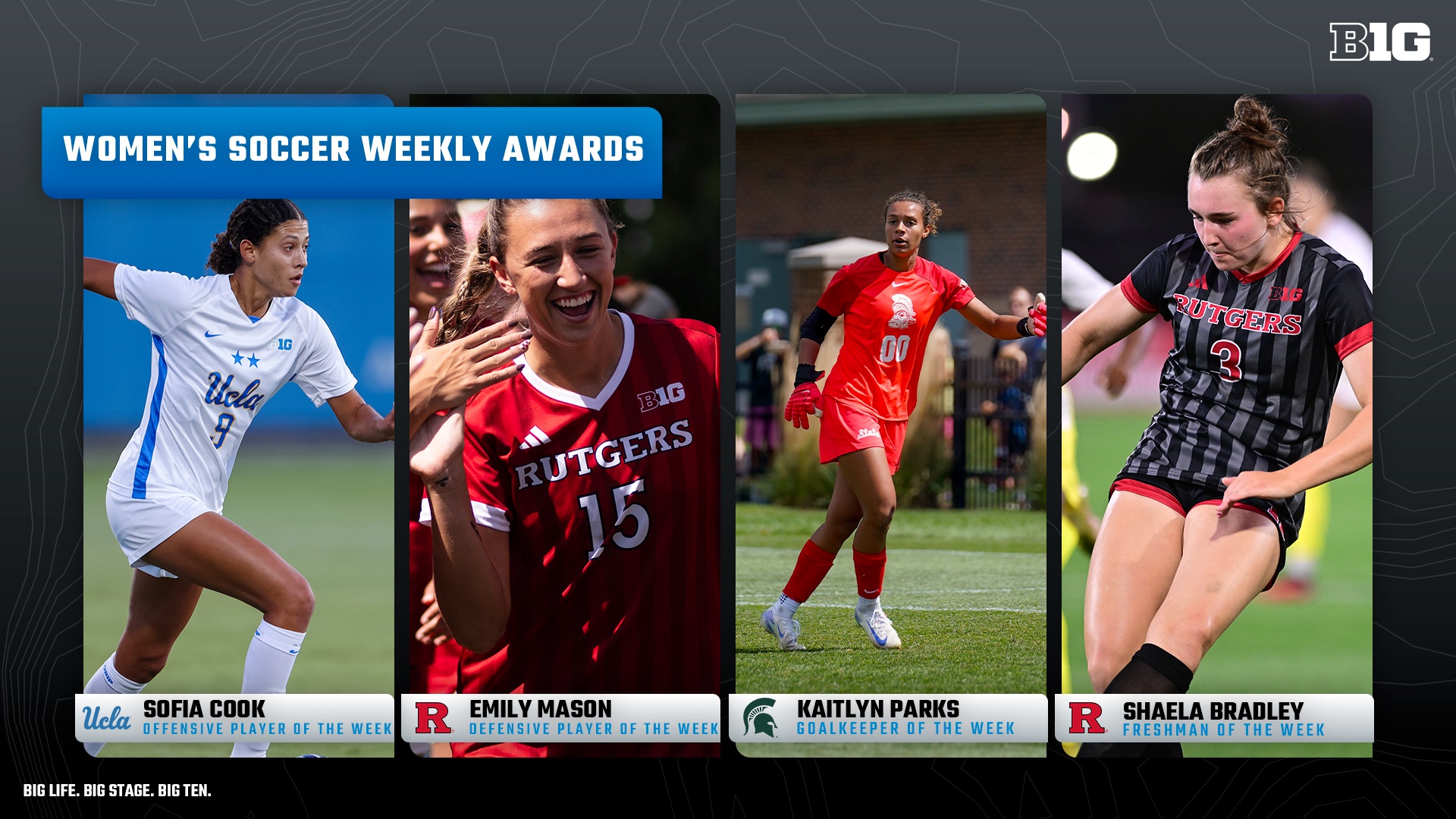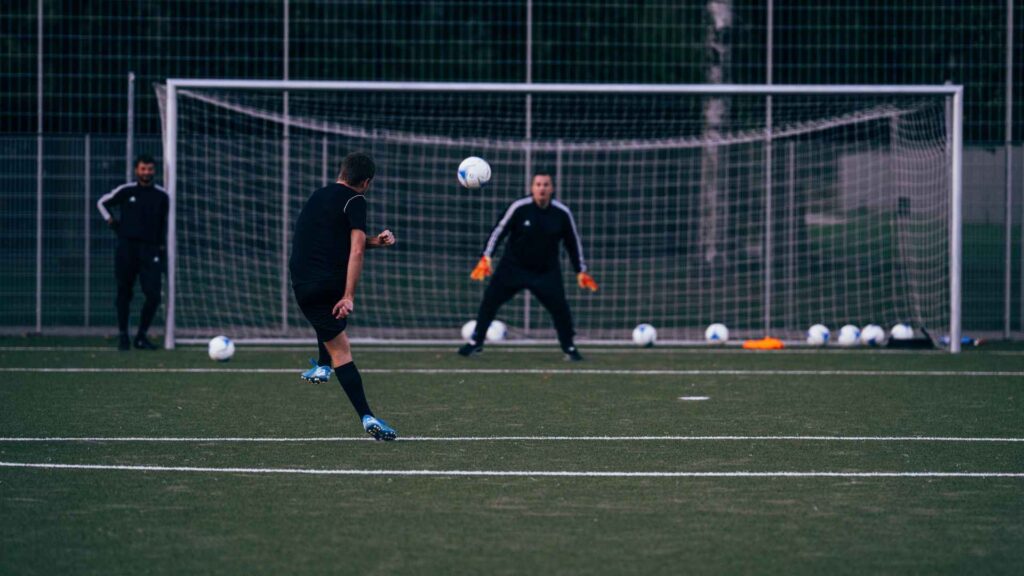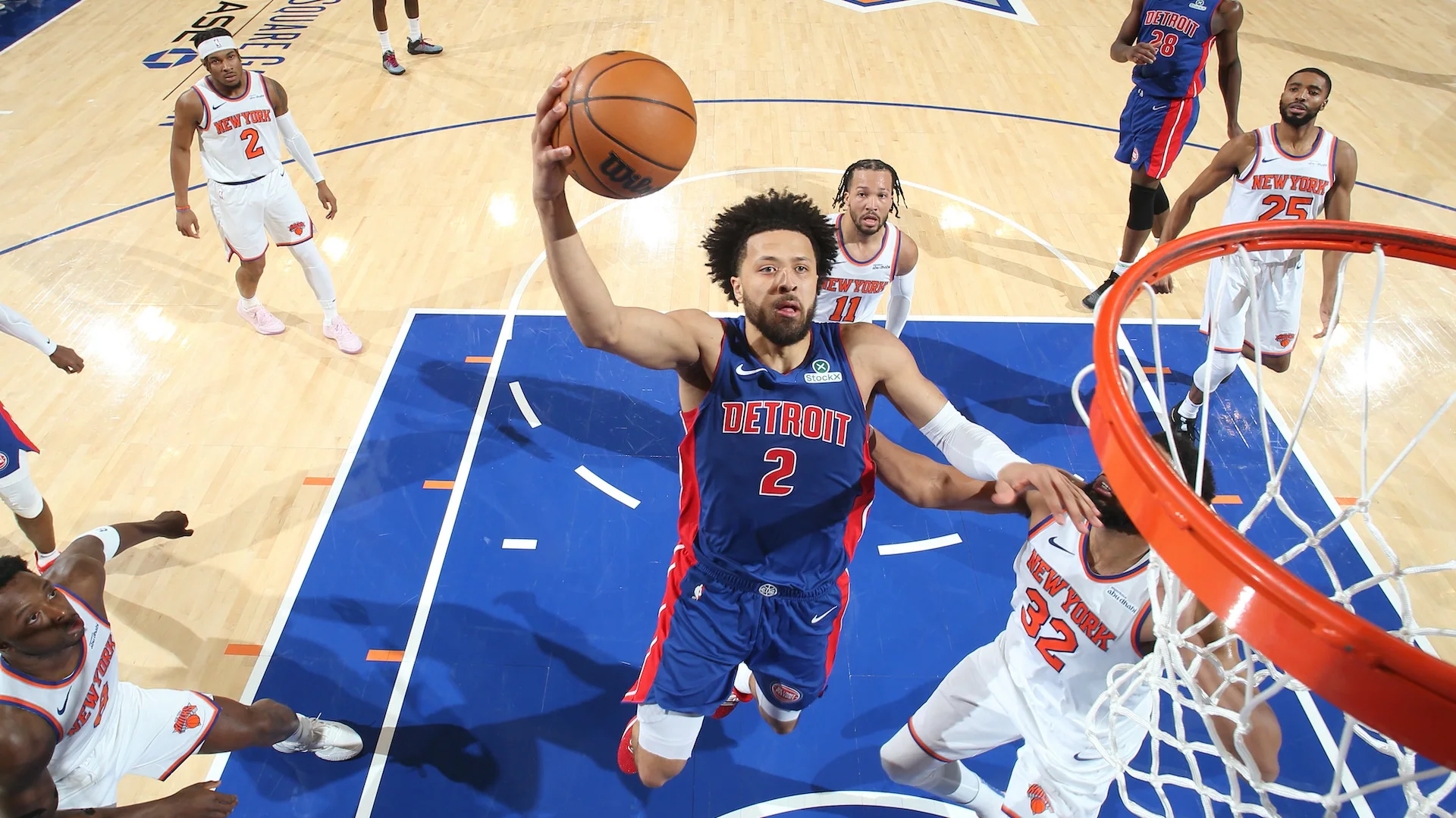The life of a professional soccer player is often romanticized and celebrated, showcasing their athleticism, glamour, and fame. However, while they are revered on the field, many forget that behind the glitz lies a rigorous routine filled with discipline, hard work, and dedication. In this article, we will take an in-depth look at a typical 24 hours in the life of a professional soccer player, exploring various elements such as their training regimen, dietary habits, mental health practices, and personal commitments.
The Morning Routine: Starting the Day Right

A professional soccer player’s day begins long before dawn breaks. The morning routine sets the tone for the entire day ahead, emphasizing not just physical wellness but also mental clarity.
Waking Up Early
For most professional soccer players, the day starts early, often around five or six in the morning. This early rise is crucial for maximizing productivity and setting personal goals.
Waking up early allows them to have quiet time to reflect, meditate, or engage in light stretching exercises. This peaceful solitude is essential for mental preparation before the rigors of the day begin. The calmness of the early hours fosters a positive mindset, allowing athletes to visualize their objectives, both individually and as a team.
Nutrition: Fueling the Body
After waking up, the next priority is nutrition. A well-balanced breakfast is vital for any athlete looking to perform at their peak.
Professional soccer players typically consume meals rich in carbohydrates, proteins, and healthy fats. For example, they might opt for oatmeal topped with fruits for energy, eggs for protein, and perhaps a smoothie packed with greens to boost vitamins and minerals.
Hydration is another critical aspect of their nutrition. Many soccer players start their day with hydration in mind, consuming water or electrolyte drinks to replace fluids lost overnight. This habit helps maintain optimal performance levels throughout the day.
Morning Training Session
Following breakfast, most players head to the training ground for their first session of the day, which usually lasts several hours. This session often includes warm-ups, drills, tactical exercises, and scrimmages.
Morning training focuses on building endurance and improving technical skills. Coaches may implement various drills that target specific areas, such as ball control, passing accuracy, and defensive strategies.
Beyond physical training, this time also facilitates camaraderie among teammates. Building connections and trust on and off the field can significantly enhance team dynamics during matches.
Midday Activities: Recovery and Preparation
As the day unfolds, the focus shifts towards recovery and preparation for subsequent training sessions and matches.
Lunch Break: Refueling for Performance
Once the morning session concludes, players return home or eat at the club’s facilities. Lunch plays a pivotal role in refueling after an intense workout.
A balanced lunch typically consists of lean proteins, complex carbohydrates, and an array of vegetables. Chicken or fish served alongside brown rice or quinoa and mixed greens is a common choice among players.
This meal provides the necessary nutrients for muscle recovery and replenishes glycogen stores, ensuring they remain energized for ongoing activities.
Rest and Recovery Strategies
After lunch, it’s crucial for players to engage in recovery strategies. Professional athletes understand that rest is as important as the training itself.
Players often utilize modalities like foam rolling, stretching, and even ice baths to alleviate muscle soreness. These practices help reduce inflammation and promote faster recovery.
Some players integrate naps into their midday routines, recognizing the importance of sleep in enhancing performance. A short nap can provide a significant boost to mental focus and physical readiness for later training or matches.
Tactical Meetings and Video Analysis
Part of a soccer player’s midday involves tactical meetings and video analysis sessions. Coaches review game footage, focusing on both individual and team performances.
These discussions allow players to learn from mistakes, identify patterns, and strategize for future competitions. Engaging in these analytical practices helps players elevate their understanding of the game, leading to informed decision-making during matches.
Evening Commitments: Social Life and Mental Health

Evenings are an essential time for soccer players, offering opportunities for social interaction and mental health maintenance.
Evening Training: Focused Skill Development
Depending on the schedule, players may have a second training session in the evening. This session often concentrates on specific skill development or tactical rehearsals tailored to upcoming matches.
Coaches might design sessions focusing on set pieces, finishing drills, or defensive formations. Evening training tends to be more focused, allowing players to hone their skills in a less physically demanding context than earlier sessions.
Family Time: Balancing Personal Life
Following training, family time becomes a significant aspect of a player’s evening. Balancing personal life with professional obligations is crucial for maintaining mental stability.
Spending quality time with loved ones—whether through dinner, conversations, or recreational activities—helps players decompress from the pressures of competition. Such moments remind them of their identities beyond athletics, fostering emotional well-being.
Mental Health Practices: Finding Balance
Professional athletes face immense pressure and scrutiny, making mental health practices indispensable. Players may engage in mindfulness techniques, such as meditation or yoga, to manage anxiety and stress.
Finding balance is key in a high-stakes environment where every performance is under a microscope. Some clubs even offer mental health support services, recognizing the importance of psychological resilience in achieving peak performance levels.
Pre-Match Rituals: Getting in the Zone
On days leading up to a match, soccer players immerse themselves in pre-match rituals designed to prepare them physically and mentally.
Game Day Preparation
The day before a match is often filled with preparation routines, including tactical discussions, light training, and nutrition monitoring.
Players typically follow a structured schedule focusing on rest, hydration, and proper meals to ensure they are in top form for the big day. Many players also indulge in “superstitions” or personal routines, believing they enhance luck or performance on game day.
Warm-Up Routine
On match day, players arrive at the stadium several hours beforehand to adhere to their warm-up routines.
This pre-game practice includes stretches, light jogging, and ball work to activate muscles and sharpen skills. The warm-up helps players transition from the locker room environment to the competitive atmosphere outside.
Mental Visualization Techniques
Before stepping onto the pitch, many players engage in mental visualization techniques. This practice involves picturing themselves executing successful plays, scoring goals, or defending against opponents effectively.
Visualization serves as a powerful tool that can alleviate anxiety while reinforcing confidence in their abilities. By mentally rehearsing scenarios, players can navigate the complexities of the game while remaining composed under pressure.
FAQs
What do professional soccer players eat daily?
Professional soccer players prioritize a balanced diet consisting of lean proteins, complex carbohydrates, and plenty of fruits and vegetables. Meals may include chicken, fish, rice, quinoa, pasta, and lots of fresh produce.
How many hours do soccer players train per day?
Soccer players typically train for several hours each day, split between physical conditioning, technical drills, and tactical discussions. Training schedules depend on match requirements and individual club protocols.
Do soccer players have free time?
Yes, while the daily routine is rigorous, professional soccer players do have free time. They often spend this time with family and friends, engaging in hobbies or relaxation techniques to recharge after intense periods of training and competition.
How do soccer players manage mental health?
Managing mental health is crucial for soccer players, who often face intense pressure. They may use mindfulness techniques, speak with sports psychologists, or engage in relaxation practices to maintain emotional well-being.
What’s the role of sleep in a soccer player’s life?
Sleep is essential for a soccer player’s recovery, performance, and overall health. Quality sleep aids muscle repair, cognitive function, and mental clarity, all of which are crucial for success on the field.
Conclusion
Living the life of a professional soccer player is far more complex than what meets the eye. From early mornings to late evenings, every moment is carefully curated to optimize performance and well-being. Through disciplined routines, nutritional awareness, tactical preparation, and mental health management, these athletes continuously strive for excellence. Understanding the intricate details of a 24 hours in the life of a professional soccer player not only deepens our appreciation for their craft but also highlights the commitment required to succeed at the highest level.




